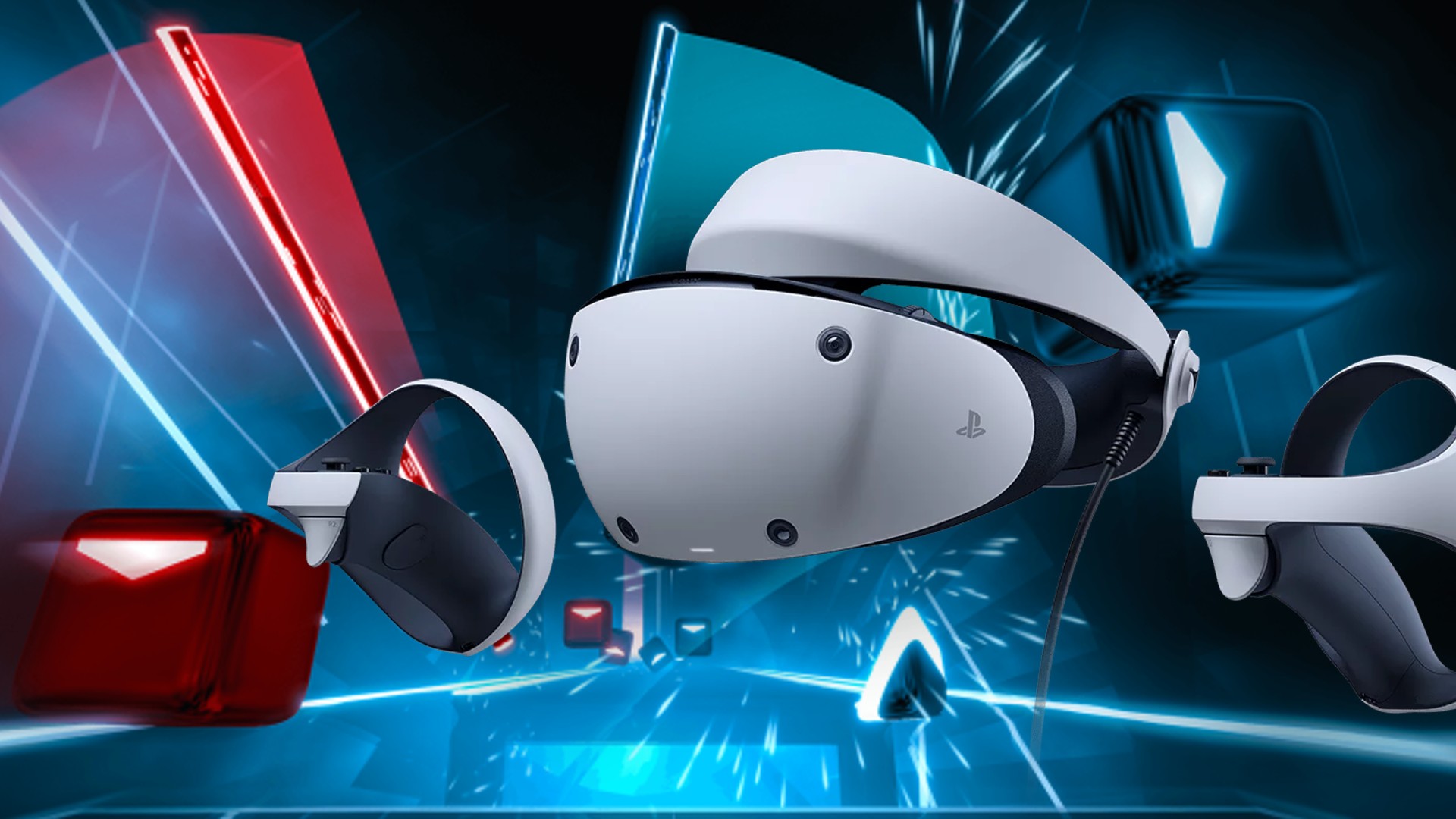
The recent launch lineup of Sony’s PlayStation Virtual Reality 2 (PSVR 2) shows that the company might not be interested in incorporating the metaverse.
Sony introduced the PSVR in 2016, just when the development of virtual reality (VR) gaming was about to reach a critical mass. The PSVR, an add-on for the PS4, was the most accessible and beginner-friendly headset available, bringing VR to a far wider audience.
Sony’s success with the PSVR led many to believe that the PSVR2 would appeal to many VR lovers. Unfortunately, Sony’s newest virtual reality offering might be a letdown. The PSVR 2 is a cable virtual reality headset that has to be connected to a PS5 to function effectively.
About PSVR2
The new PSVR 2 has a built-in headset vibration that will activate, giving you a rumble in your face when playing some games. This feature improves cinematic experiences by giving a bass-like kick and providing feedback that complements the controller’s haptic feedback. PSVR 2 doesn’t support avatars or a virtual house that you can decorate and invite friends to visit. Also, Sony noted that the PSVR 2 does not require a TV after initial setup.
PSVR 2 and the Metaverse
Right now, it seems like Sony and the PSVR 2 does not care about the metaverse. Sony might still reveal a social VR app, but the metaverse seems not part of the company’s long-term VR plan.
Many Meta Quest users spend more than half their time on social experiences and multiplayer games. This shows that many people use VR as a social tool. Applications that facilitate digital communication and interpersonal interaction have a large user base.
Unfortunately, the PSVR 2 includes no major social VR applications like Gorilla Tag, Rec Room, or VRChat that are so closely identified with the VR Metaverse. Currently, there are no known plans to release a new version of Playstation Home optimized for virtual reality.
For several reasons, Sony might be wary of releasing VR applications that mimic real-world locations. Apps that let users build virtual environments pose users with inappropriate or harmful content risks.
Sony’s choice to forego social VR ensures these issues won’t emerge. Sony has previously collaborated with Epic Games, whose CEO, Tim Sweeney, is a vocal supporter of the metaverse. There is a shared belief among the two firms that social 3D and VR content have enormous growth potential.
The featured image is taken from roadtovr



